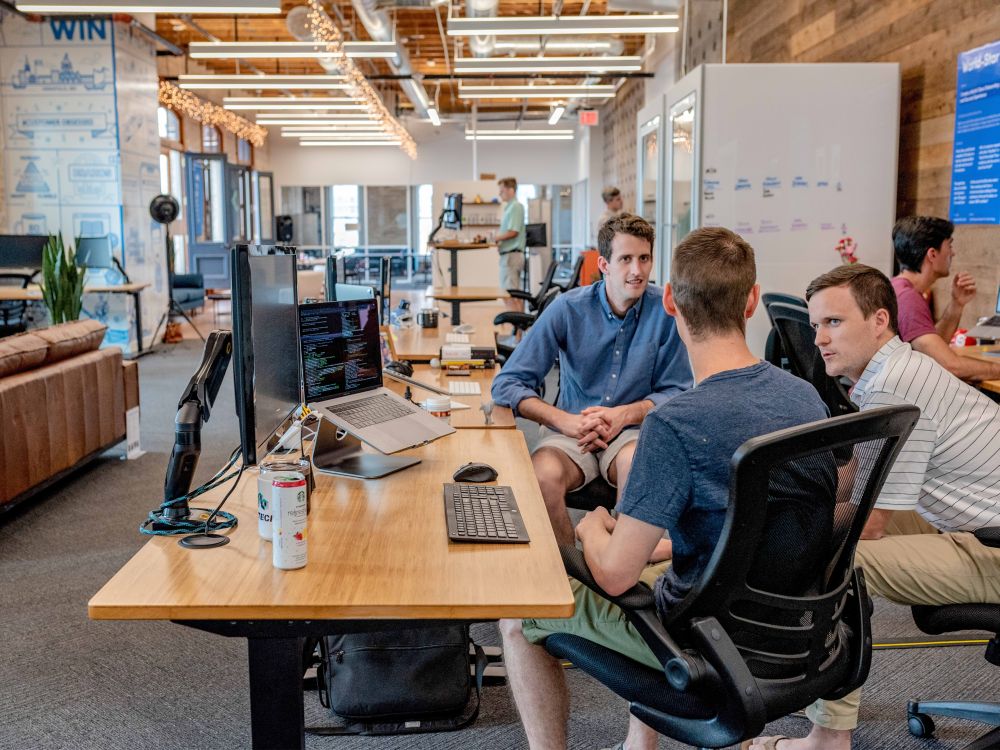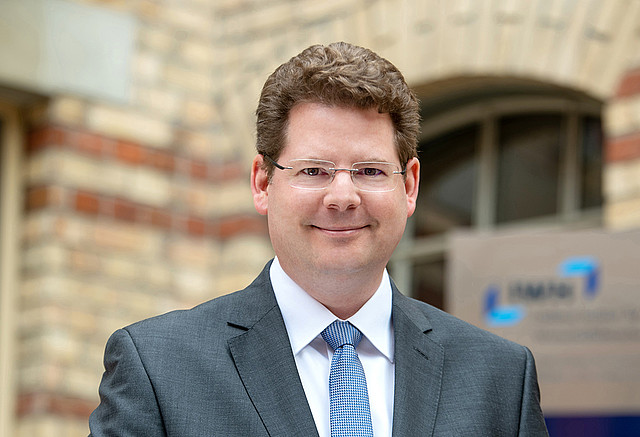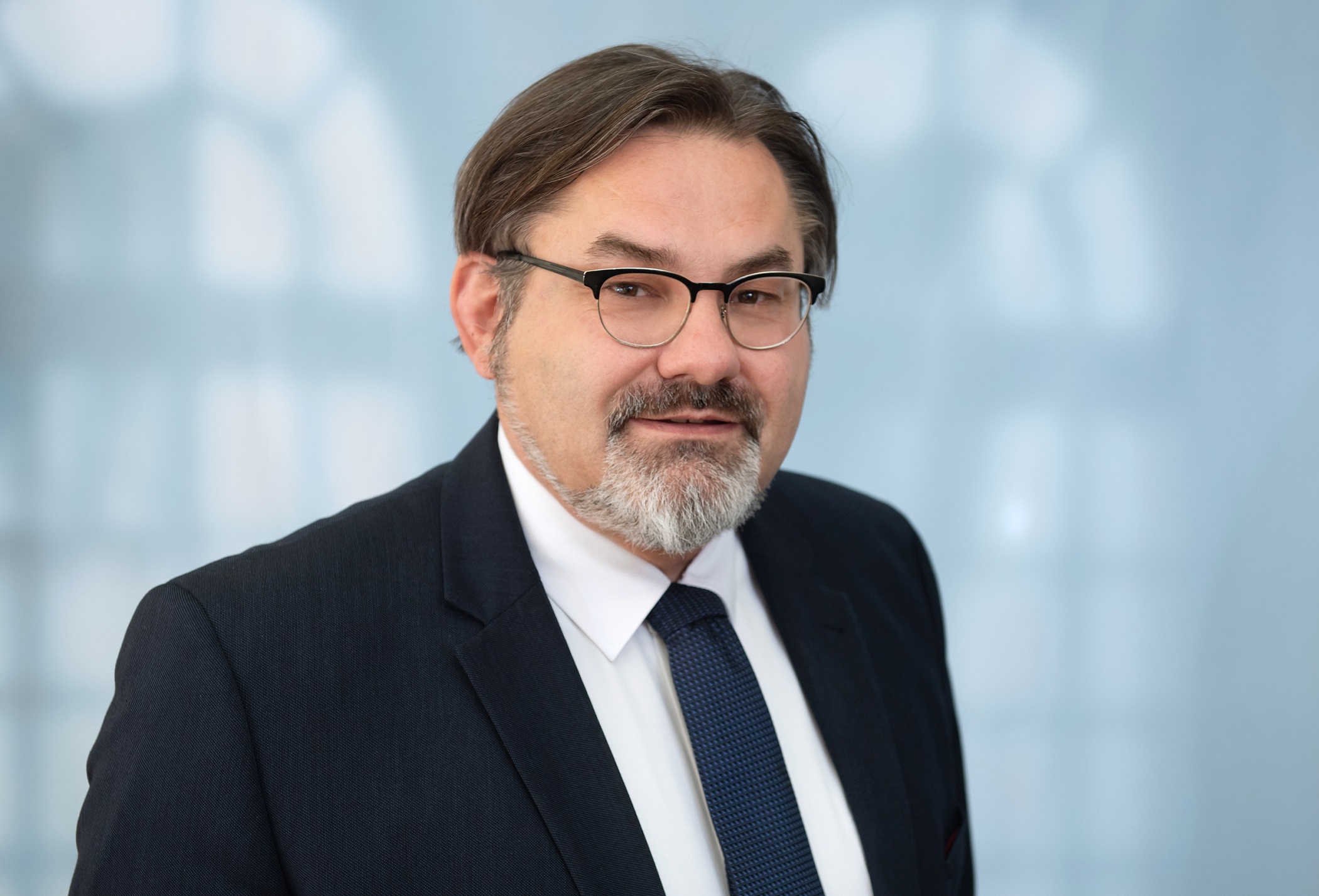Will unemployment continue to rise?

Professor Holtemöller, were you surprised by the renewed rise in unemployment figures for August?
Oliver Holtemöller: No. We already predicted in June that the unemployment figures would tend to rise rather than fall at the moment. The reason for this is the widespread weakness of the German economy, which is affecting all sectors. There is currently a lack of economic momentum and positive prospects. In such a situation, unemployment figures tend to rise.
Does this mean that you also expect unemployment figures to rise in the coming months?
I expect the rise in unemployment to continue for the time being. The leading indicators are not yet signaling any improvement in the employment situation. In addition, the number of corporate insolvencies remains high and an exceptionally large number of employees are affected. Then there is the tendency for seasonal effects to come into play again in the fall and winter – during these months, unemployment figures regularly rise. The main question is whether and when the economy will pick up again. The labor market reacts to economic fluctuations only with a time lag, and the current lack of growth will probably be reflected even more strongly in the employment figures. The economy could pick up at the end of the year in view of the current rise in real wages, but the economic and political uncertainty remains high, which makes investment decisions more difficult.
In which areas could the economy in Germany grow most at the moment?
On the whole, the German economy has been in a downturn for some time. Only public service providers have recently seen a substantial increase in jobs.
Is politics currently setting the right course for more employment?
We are currently facing a great deal of economic uncertainty. This is further compounded by political uncertainties in light of the results of the most recent state elections. In this situation, we can expect only a few impulses from politics for more employment. The growth initiative of the federal government launched in July was intended to ease the burden on the economy, but in my view it has not sufficiently addressed the most important bottlenecks. What we need right now is a clear improvement in the regulatory environment through more rational and predictable policies. In addition, public investment in infrastructure and human capital, especially education, is particularly important for Germany's attractiveness as a business location. Given the election calendar, I am concerned that it may be several months before economic policy delivers any substantial new momentum.
The questions were asked by Wolfgang Sender.
Read more about unemployment:
Personal details: Prof. Dr. Oliver Holtemöller

Prof. Dr. Oliver Holtemöller is Vice-President of the Halle Institute for Economic Research (IWH) and head of the Department Macroeconomics.
Whom to contact

Head of Public Relations
If you have any further questions please contact me.
+49 345 7753-720 Request per E-Mail


